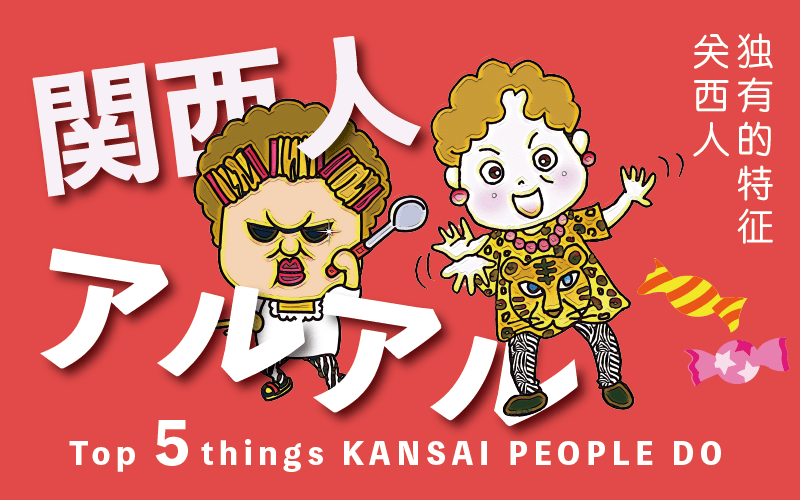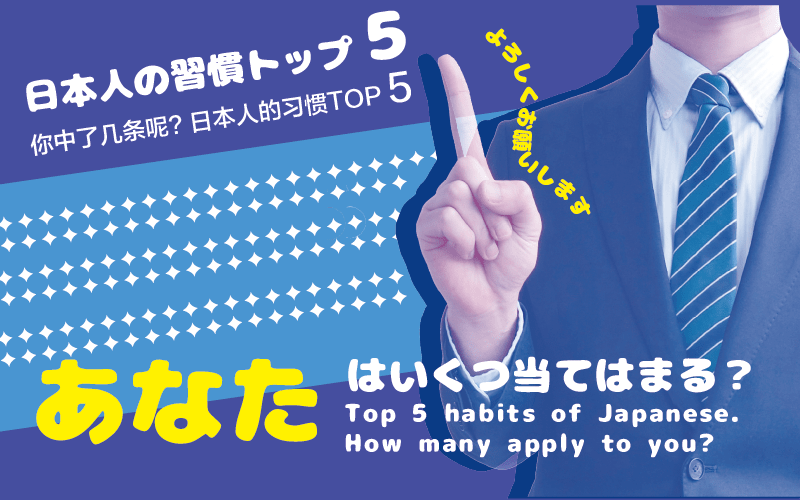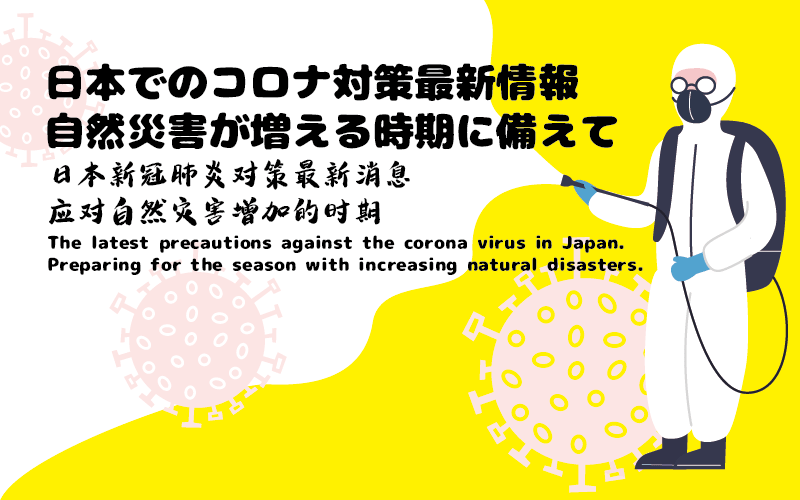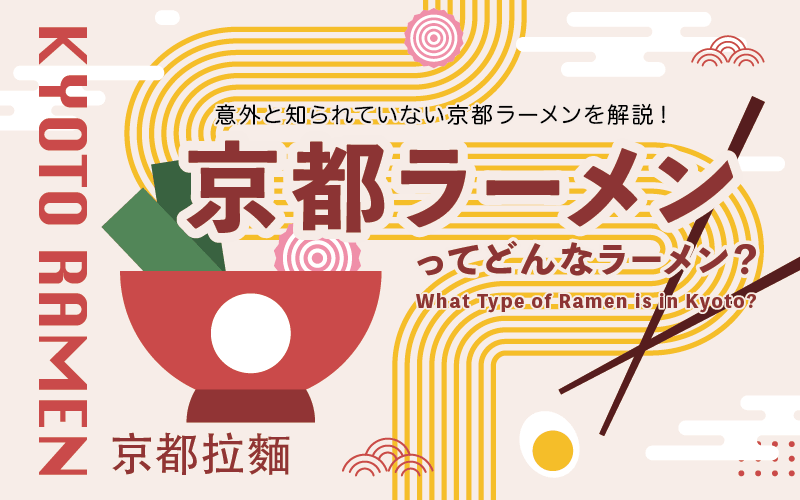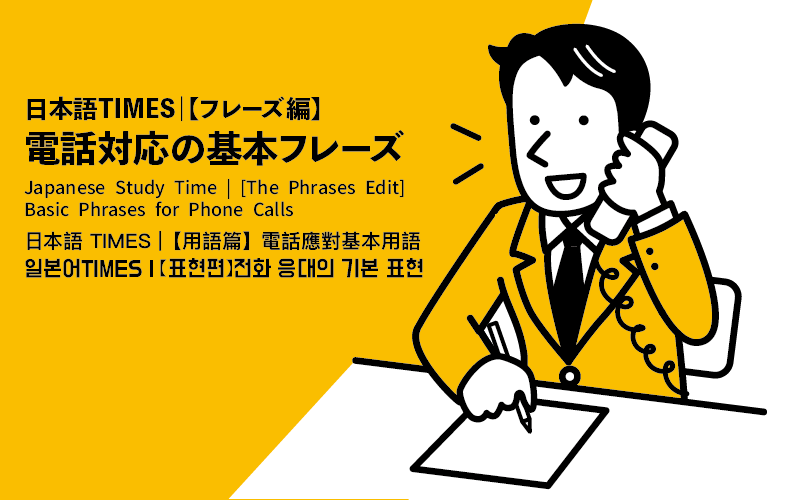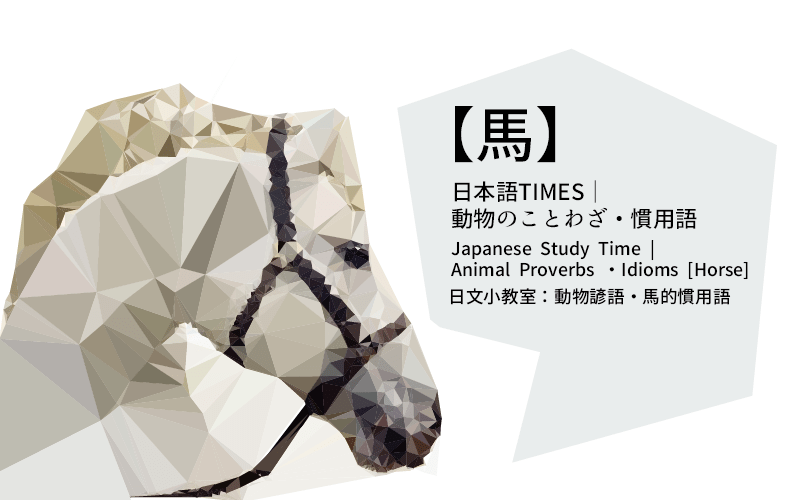Writing the word “始末” using kanji, may sometimes result in a “cold and hard” concept. However, in Kyoto the same word is also written as the expression “始末する”, resulting more soft in its meaning and way of saying. Today we will study about this kanji and how is represented in “Kyoto style”.
“始末する” in Kyoto everyday life
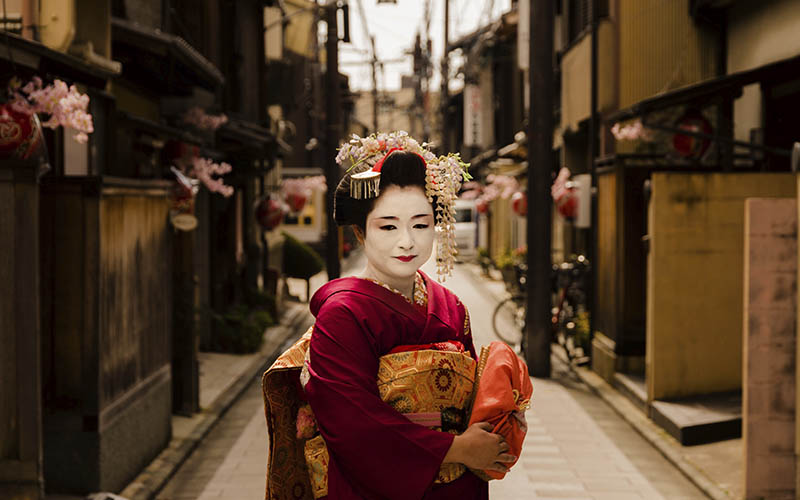
If written with kanji, this word can include other meanings, such as “conclude” or “settle”, and for this reason the hiragana alphabet is also frequently used. However, in Kyoto since a long time ago, this word's meaning can be translated as “no money waste” or “economize”.

For example, if you are to talk to a grandmother along the street about some recent shortage of any kind of thing, you can say “It is really time to economize”, which can be interpreted as “Let’s make good use of things without waste”.
Changing from “free” to “paid” shopping bags
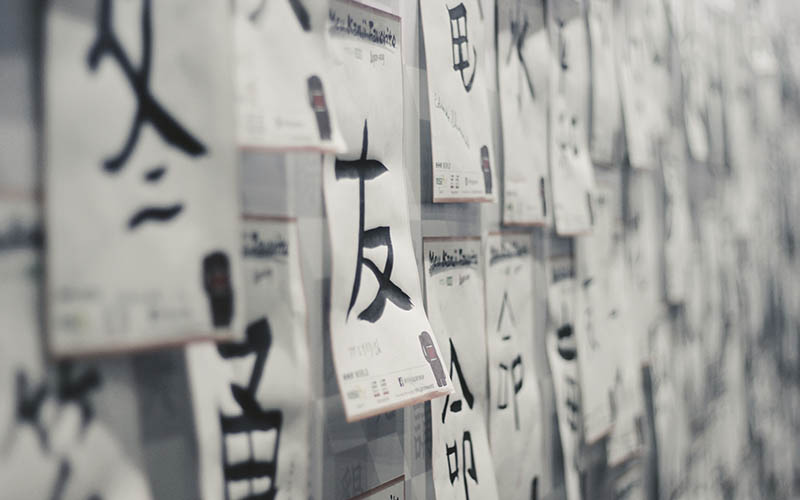
From this month shopping bags are not free anymore, which means that the bags we used to receive for free, will require now an additional charge. Even if the amount to pay is minimum, some people might think money is still money. But maybe more important than that, is to realize that this new method is actually aimed to reduce waste and to protect the environment.
“Furoshiki”, the traditional Eco-bag
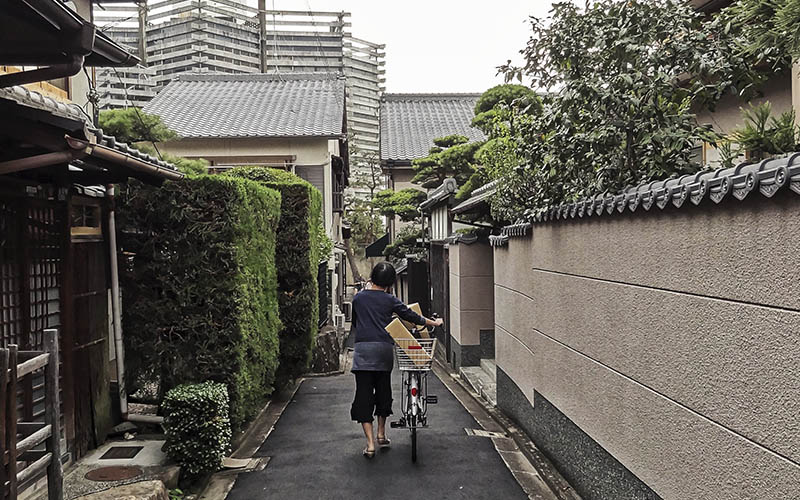
Before plastic bags became the norm, there was the “furoshiki”: the traditional version of the current eco-bag. Also in Kyoto, where things and customs are valued, there is a long-standing “furoshiki” tradition. After all this time it would be great if everyone could gradually “manage” to re-acquire the value of reusing things, giving them the right importance as it was in the past.
Let’s remember kanji in everyday life!
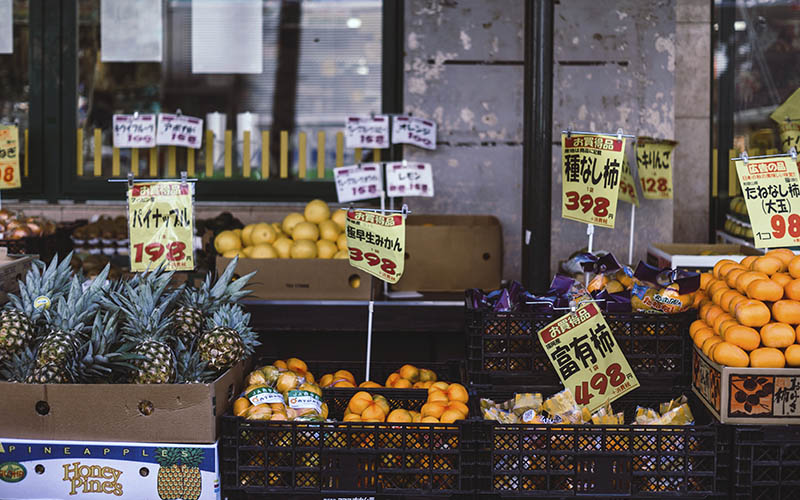
Even if Japanese elementary school students have to learn about 1000 kanji over the course of 6 years and another 1000 during junior high school over the next 3 years, cases where they cannot write, read, or remember them are quite common nowadays. However, just like you can learn new spoken words as if you “encounter them in your daily life”, it seems that you can do the same thing with kanji. It is not strange in fact to say that many kanji are remembered more easily later in life than in school.



